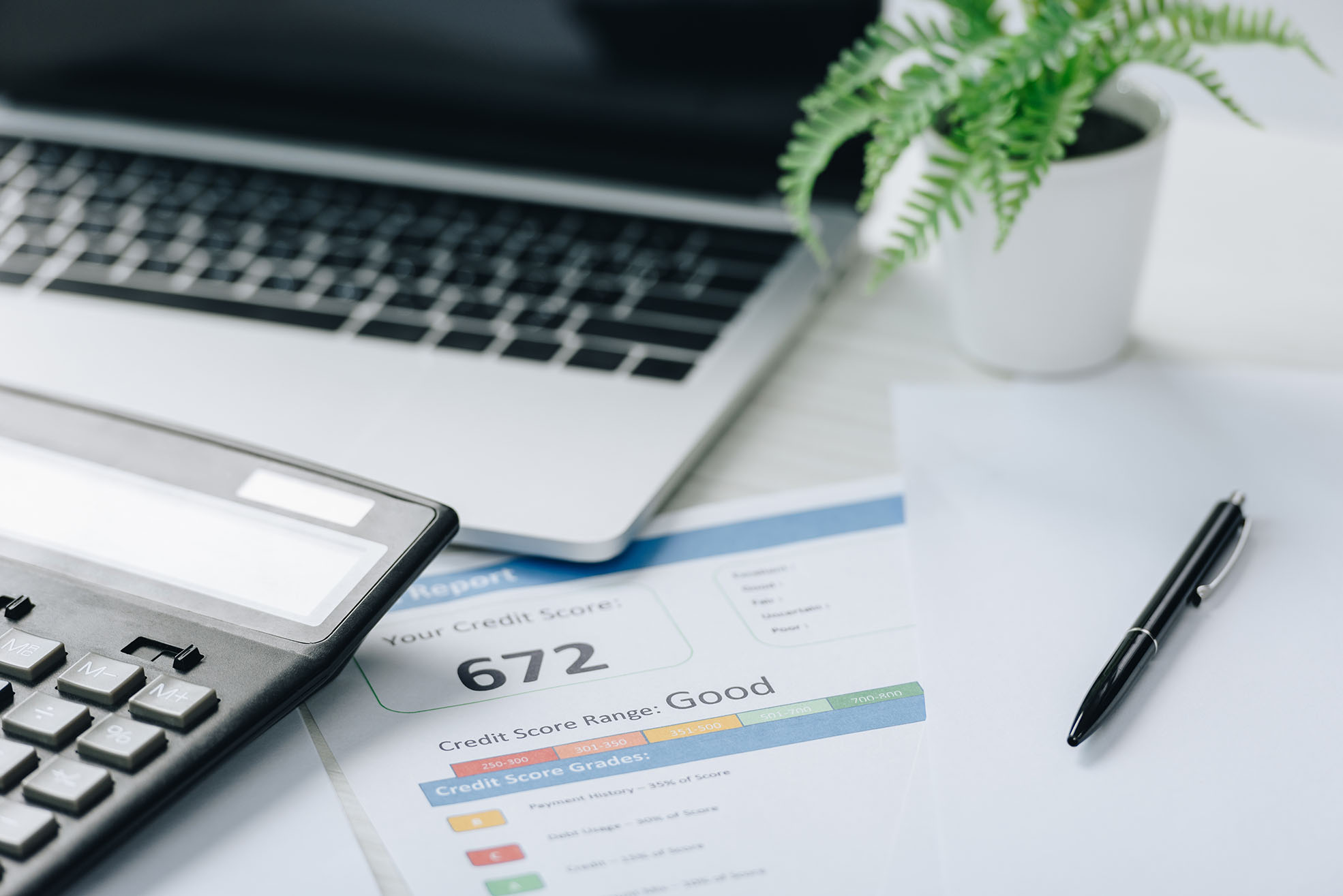
Why Read Your 3-Bureau Credit Report?
January 28, 2021 12:29 pmWhen applying for loans or new lines of credit, lenders rely on your credit score in order to measure your credit risk and likelihood to repay the loan. However, that credit score, in the range from 300 to 850, is based on data residing in credit reports held by the three major credit reporting agencies Equifax, Experian and TransUnion.
Is it worth your time to examine these three reports? The answer is yes, even if it’s only once per year although reviewing your three reports more regularly is ideal. The reports are easy to obtain and are surprisingly consumer-friendly. Let’s have a look at a few reasons why it makes sense to read your 3 credit bureau reports.
To Identify Mistakes
Personal finance experts and even the Federal Trade Commission point out that checking for mistakes is perhaps the single biggest reason to review your credit reports. Some of these errors on your credit reports might be items that are indeed factual and correct — a past credit card account that you closed, for example — but should not be listed. This is because after a certain period of time, items are supposed to be removed from the report.
These items might be contributing to a lower score. For example, a missed payment is a negative hit but is only supposed to stay on a credit report for 18 months. If it is still on there after 18 months, it is improperly contributing to your lower credit score.
To a lesser extent, you might have glaring errors, such as a loan in someone else’s name on one of your reports. These things happen, perhaps due to human error by an employee at a credit bureau or at the bank (i.e., a data processor entered an incorrect name or social security number for someone else). It could also be fraud. Contact the credit bureau to have such errors removed immediately.
Keep in mind that it is your responsibility to contact the bureaus to challenge these errors, not your past or present creditors or financial advisor.
To See the Full Picture
Keep in mind that not all creditors report the same information to all three credit bureaus. Smaller, regional creditors might not report all of their borrower data to all of the bureaus. As such, you might notice that a store credit card you applied for and use from time to time does not appear in all three of your reports.
This occurs because the process of reporting a consumer’s credit activities to the agencies is completely discretionary and voluntary. Lenders, landlords, utility companies and others decide which information they share with the agencies.
If you have a particular loan or credit card account with a stellar payment history but that does not appear on one of your reports — an account that you feel might contribute positively and significantly to your overall credit score — contact the bureau and ask why it isn’t listed. It is possible that they can make an adjustment and add that account into your report.
To Better Manage Debt and Create a Payoff Plan
Reviewing your credit reports can give you a big-picture perspective on all of your outstanding debt and how you manage it. This is important for any short or long-term personal finance goal. The ability to manage debt is crucial for everyone’s financial health, and studying one’s credit reports can provide deeper insights than simply reviewing a single 300-850 point score from time to time. Without a deep knowledge of how you manage debt and what’s affecting your overall credit from bureau to bureau, it will be difficult to plan for unexpected needs in the future.
Credit simulations and credit modeling
Because each credit agency calculates its own credit score using its own models, differences between reports can produce different credit scores.
Most borrowers seek the highest score possible, of course, and one that is consistent. Using a tracking tool such as ScoreMaster empowers them to monitor their credit scores across the board. It can help individuals understand the dynamics of credit and the impact of open and closed credit accounts on their overall score.
References:
- https://www.consumer.ftc.gov/articles/0151-disputing-errors-credit-reports
- https://www.cnbc.com/2019/09/14/heres-how-long-it-takes-to-improve-your-credit-score.html
Categorised in: Borrowing Tips
This post was written by David B. Coulter
Comments are closed here.